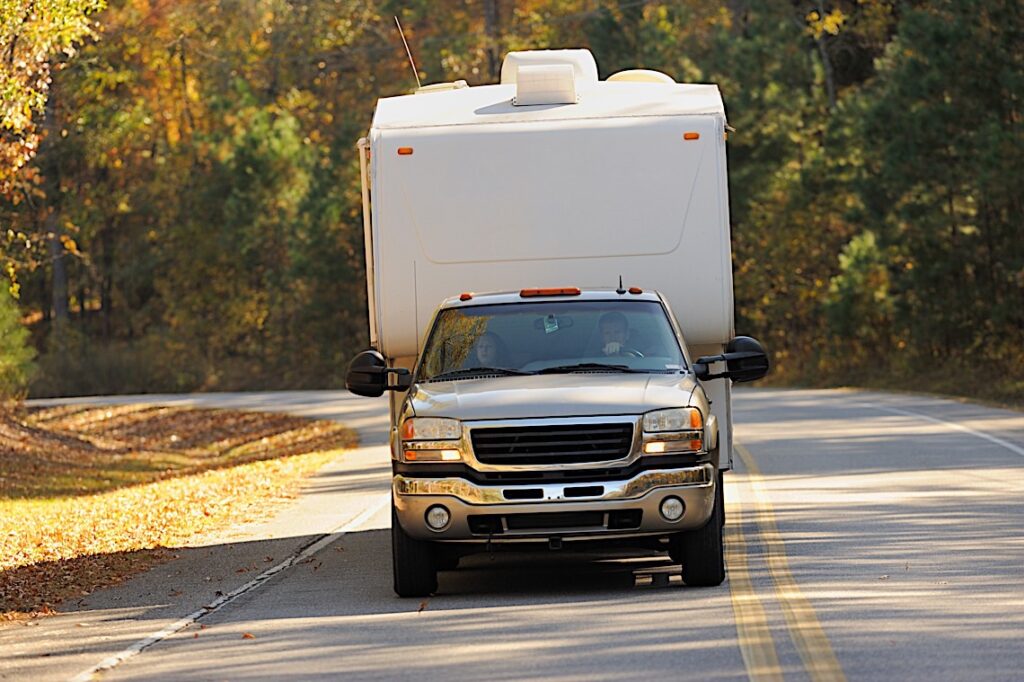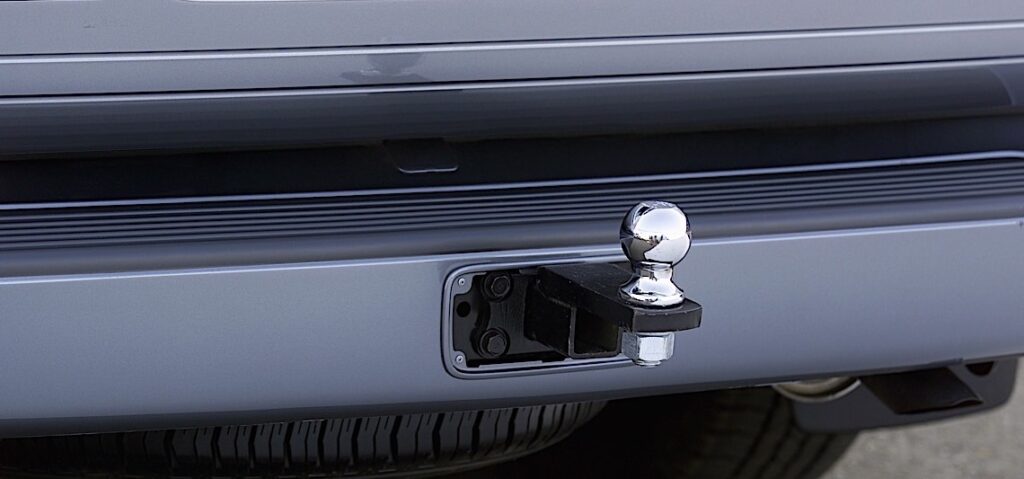With the July 4th holiday fast approaching, many families are getting ready to hook up their boat or RV trailer to their trucks and cars for the first time in six to eight months. Before you hitch up the trailer, you need to have the not only the trailer inspected, but the tow vehicle.

- Have the Brakes Inspected by a Professional: In the past eight months, your brakes might have been exposed to extremely corrosive conditions. Winter corrosion can attack the brake pads. The hazardous corrosion happens where you can’t see, this happens between the friction material puck and backing plate. This type of corrosion can cause the friction material to delaminate from the metal backing plate. If the pads have any signs of corrosion like edge lift at the ends of the pads, they need to be replaced. You may also want to upgrade to a brake pad that has a galvanized backing plate and the mechanical attachment for the friction material, like those available from NRS Brakes.
- Make Sure the Trailer Brakes are Working: Once a trailer reaches a certain weight, brakes on the axles are required. These typically are electrically actuated and controlled by a trailer brake system. Some systems are built into some trucks ABS braking system and the driver can activate and adjust them from the dash. Some aftermarket systems can be fitted to the vehicle with just a few connections. But, never tow a trailer if the system is not working. It is easy to say you are not going that far or fast and you will not need the trailer brakes. But, many crashes during the summer season start with this false assumption.
- Check Your Tires: This goes for both your tow vehicle and your trailer. Tires that are not properly inflated can negatively affect handling. Further, underinflated tires can create more rolling resistance, which not only forces the engine to work harder and consume more fuel, but also increases tire temperatures and may contribute to a blow-out. Refer to the tire pressure label placed in the driver’s doorjamb for proper inflation pressures for the tow vehicle. Additionally, check the speed rating on the tires for both your tow vehicle and trailer, and ensure you never exceed that speed while on the road.
- Stay Within Your Limits: Review the towing capacity of your specific vehicle and ensure it’s capable of handling the weight of your trailer. Exceeding the maximum towing capacity can result in dangerous handling, insufficient braking performance, or serious damage to the vehicle’s suspension, engine and drivetrain. In addition to ensuring your vehicle’s towing capacity is sufficient for your trailer, also make sure your trailer hitch is capable of handling your trailer’s loaded weight. Your hitch should be labeled with the maximum trailer and maximum tongue weights it can safely support. Depending on the weight of your trailer, you should also follow your owner’s manual’s recommendations regarding the use of weight carrying or weight-distributing hitches. If you plan on also carrying extra cargo or several passengers, you should also ensure you’re not overloading the tow vehicle itself. Refer to the gross vehicle weight (GVW) rating issued for your particular vehicle and ensure your loaded vehicle does not exceed the manufacturer’s rating. Likewise, ensure your loaded vehicle and loaded trailer do not exceed the gross combination weight rating (GCWR) set by the manufacturer.
- Check your lights. The taillights and marker lamps on your trailer may seem superfluous, but they’re quite important. Large trailers or loads may obscure the tail lights on your tow vehicle. If the lights on your trailer aren’t illuminated, other drivers may not see your vehicle, especially at night. Accidents can occur if the tail lights are not working or are improperly connected. Have a partner stand behind the vehicle while it is in park to check the turn signals, tail lights and brake lights function properly.
